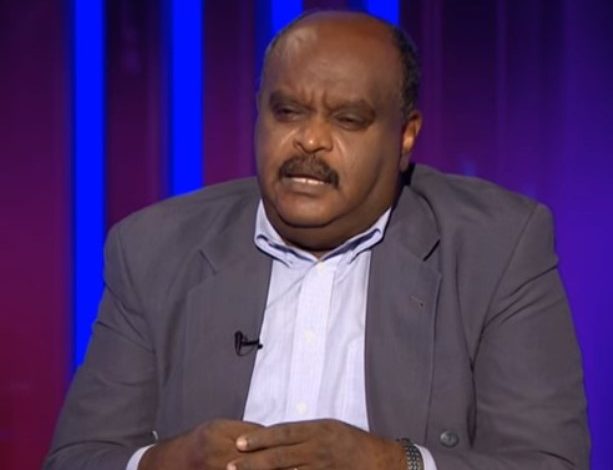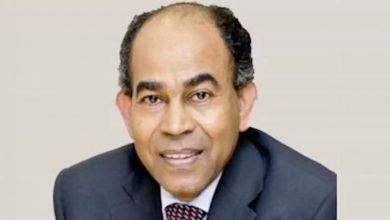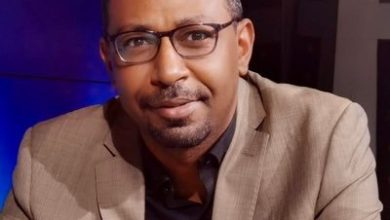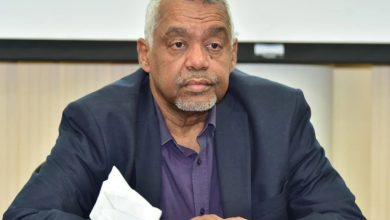Sudan: The Perpetuation of the “Vicious Circle”

By Dr. Al-Shafi Khidir Saeed
Since the dawn of independence, Sudan has been trapped in a vicious and destructive cycle, continuously spewing its burning and devastating consequences. The current war in Sudan is the worst manifestation of this cycle so far, causing unparalleled destruction not only on a material level but also on a psychological and spiritual one. Unless this cycle is dismantled, Sudan’s conflicts and wars will never cease. Even if the ongoing war ends due to a particular mediation or initiative, it will not be the last, and the repercussions of this vicious circle will persist, undermining the country’s stability and keeping it locked in the grips of underdevelopment, unable to build a viable national state.
The ongoing war erupted while Sudan was already suffering from severe polarization, deep divisions, and verbal conflicts—not only among political and military elites but at all levels of Sudanese society. This has inflicted deep wounds that will not easily heal. While we fully acknowledge that this syndrome is a product of the vicious cycle, which has caused continuous distortions in Sudan’s structure since independence—stemming from the failure to manage the country’s cultural, ethnic, and political diversity, and the dominance of ethnic, regional, and ideological identities over a unifying national identity—we cannot ignore the role of the current war and its prolonged duration in exacerbating this destructive syndrome. The war has intensified divisive rhetoric against the December 2018 Revolution, ushering in a new phase in the vicious circle, and signaling a return to violence as a means of resolving disputes, asserting control, and spreading fear. This has fueled hostility among the country’s communities, incited hatred, racism, and political exclusion, and has been further inflamed by foreign interventions exploiting internal divisions for external gains at the expense of the Sudanese people.
Yet, some among us have failed to grasp the lessons of modern Sudanese history. They either do not see—or choose to ignore—the repeated failure of ideological state-building projects, regardless of the ideology, or the futility of constructing the state based on narrow partisan visions. These individuals fail to recognize that Sudan’s unity, stability, and development depend on a comprehensive national project that considers the entire spectrum of Sudanese society. This project must ensure everyone’s right to actively participate in rebuilding the state, based on democratic governance that properly manages ethnic, religious, and cultural diversity. It must establish a pluralistic civil democracy and balanced development across all regions under a governance system that achieves these goals. This is the only way to break the vicious cycle. Those who fail to understand this truth have lost their way.
Among these misguided efforts are the calls to form a so-called “peace government” in areas controlled by the Rapid Support Forces (RSF), under the pretext of stripping legitimacy from the de facto government in Port Sudan. Similarly, there are those who reduce the political process to merely amending or replacing the constitutional document and forming a government in areas under the control of the Sudanese Armed Forces—even if that control extends to the Republican Palace. While one may acknowledge the legitimacy of some military actions, such an approach does not address the root causes of Sudan’s crisis.
It is true that the current fighting in Sudan may pause due to mediation efforts, but this will not mark the end of war unless we recognize and embrace the only path to dismantling the vicious cycle, as outlined above. This, in turn, requires launching a new political process, beginning with the formation of a national mechanism that includes leaders from all political parties, trade unions, armed movements, resistance committees, youth groups, women’s organizations, civil society, and national figures. The aim is to reach a consensus on the details of a foundational transitional period and to select its leadership based on integrity, competence, and political and executive ability—free from political bargaining and regional quotas. This leadership must also exclude military and political figures responsible for igniting and perpetuating the war.
To avoid repeating past mistakes, this foundational transitional period must be built on key principles, including:
- A National Roundtable Conference – To agree on the post-war transition program, including the formation of a transitional legislative council responsible for legislation, oversight, and accountability. Its members should come from the aforementioned national mechanism, with additional members selected based on the same criteria, ensuring genuine—not superficial—representation of women and youth.
- Judicial and Legal Reform – To ensure justice for all crimes committed against the nation and its people, including the crime of igniting the war.
- Restoring the State from Deep-Rooted Networks – To depoliticize state institutions, including civilian and military entities, by reviewing laws, structures, employment policies, and past dismissals, particularly those carried out during the Al-Bashir regime, before the war, and during the conflict.
- A Clear Strategy for Comprehensive Peace – To achieve social reconciliation and stability.
- Disbanding All Armed Militias – To integrate their members into the official security forces or reintegrate them into civilian life with dignified opportunities, ensuring that only the state holds the right to bear arms.
- Combatting Corruption – To investigate financial crimes, misuse of power, and public fund embezzlement, bringing perpetrators to justice, recovering stolen assets, and providing restitution.
- Constitutional Agreement – To establish national constitutional principles through a constitutional conference.
- Emergency Economic and Reconstruction Programs – To rebuild what has been destroyed by the war and revive the economy.
Only by adhering to these principles can Sudan break free from its destructive cycle and embark on the path toward a just, democratic, and stable future.
Originally published in “Al-Quds Al-Arabi”



